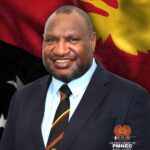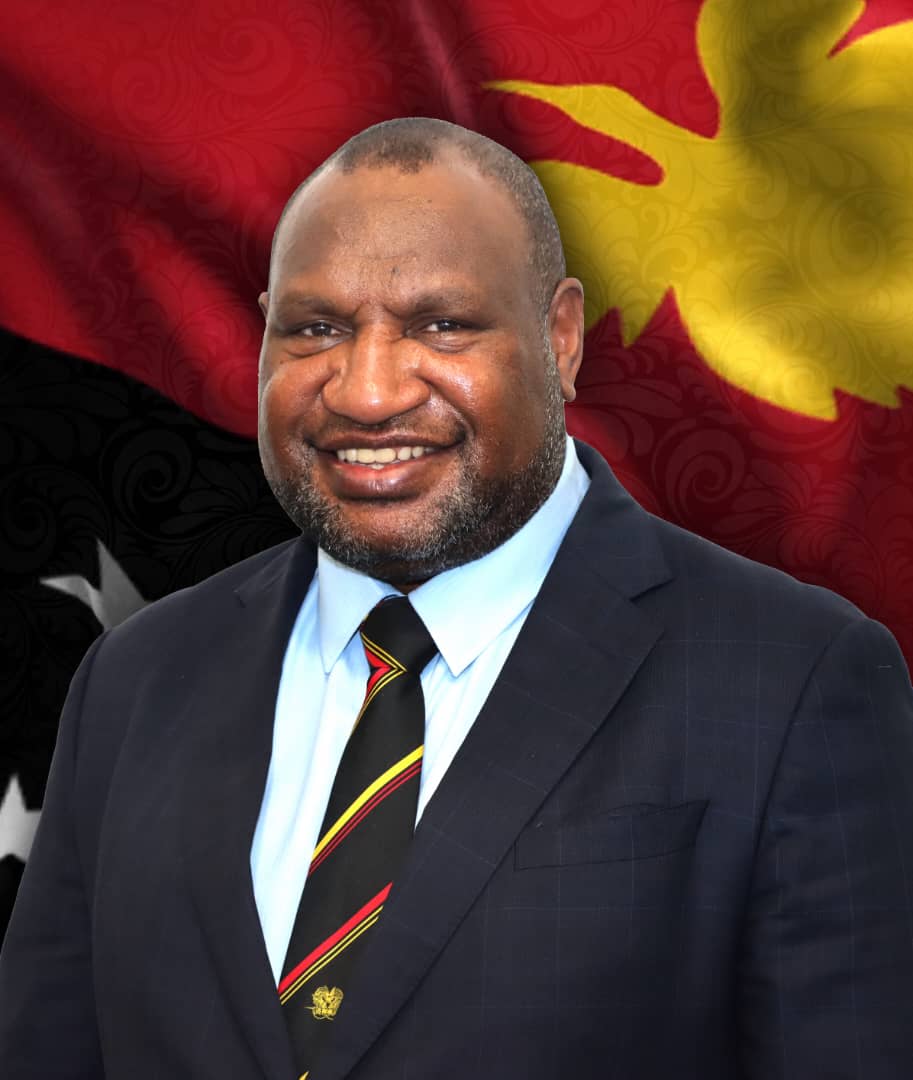Papua New Guinea and Brazil are now working to establish formal bilateral relations to help mobilise the creation of a block of forest nations that would push harder for climate financing, and find better practical solutions to climate change in the areas of forests and ocean conservation.
Brazil and Papua New Guinea – two of the biggest forest nations in the world – have agreed to form the alliance based on their common interest of preserving their forests and biodiversity; and strengthen cooperation on climate financing, climate resilience, tropical agriculture, renewable energy, and technical collaboration in hydropower, and forest management.
The two countries are also aligning to heighten urgency in the UN family of nations putting in place a financing mechanism so forest and ocean nations can receive financial support as compensation for preserving their forests and ocean spaces.
Prime Minister Hon. James Marape revealed these as some of the results from his attendance at the recent United Nations climate summit, COP30, in Brazil, and his meeting with Brazil’s President Luiz Inacio Lula da Silva on the margins of the summit.
He said forest conservation and management was at the forefront of the talks at COP30 because of Brazil’s chair of the summit, where PNG played a big role at the discussions as a leading forest nation.
He described COP30 as “a breakthrough” for forest and ocean nations. “Papua New Guinea held its first, historic bilateral meeting with Brazil. I met with
President Lula, and he was surprised that Brazil has no bilateral relations with PNG except to find that we go through our Washington office to get to Brazil. Our conversations were mutual – on the conservation of our forests and biodiversity, and financing of these forests if we are to preserve them,” said Prime Minister Marape.
“In that respect, PNG contributed to the main discourse by asking world leaders – especially G20 leaders and their private sectors – to keep their emissions down, and to remind them that forests have a large role to play.
“As we were speaking, it became clear that there is no global financing mechanism in place to support Article 5.2 or Article 6.2 of the Paris Agreement in respect to forest conversations.
“A lot of emphasis was placed on Article 5.2 and 6.2. It was brought in the conversations in all the main COP sessions as well as the various plenary and leaders’ meetings.”
As a result of this, Prime Minister Marape said Brazil, Papua New Guinea, and several forest nations have agreed at the meeting to form a “power block” to follow through on Articles 5.2 and 6.2 of the Paris Agreement.
He said COP30 has resolved to move ahead in the direction of setting up a financing structure to enable funding for forest conservation, including ocean resource conservation, and a collective of nations with common interest in for- est and ocean management and financing would move this agenda further.
Prime Minister Marape also commended huge efforts by Honduras and Suri- name, two major forest nations in South America, who formalised private sector capital through Article 6.2 instruments, which he witnessed on the sidelines of COP30 meeting.
PM Marape also acknowledged Norway for committing climate financing at the COP30 summit; Australia for agreeing to return its climate facility fund of over $100 million to the Pacific Resilience Fund; and UN Secretary-General Antonio Guterres for his strong advocacy for forest nations getting fair compensation for preserving their forests in the global climate fight.
In line with the COP30 discussions, the Prime Minister made an appeal at the press conference calling on all governors and their provincial governments to now identify forest areas for conservation, develop local government policies on forest conservation, and be prepared to utilise climate financing for development of their localities in return for preserving their forest and marine areas.
“To our governors in all our maritime provinces: we are committing – at the minimum – 30 percent of our marine areas for conservation, and 70 percent of our forest areas. To all our landowners in the forest areas: we will work on a financial mechanism whether it is through Private Sector Article 6.2 or government-to-government through Article 5.2,” he said.
The Article 5.2 of the Paris Agreement encourages countries to take action to implement and support the “REDD+” framework, which involves reducing emissions from deforestation and forest degradation, and enhancing forest carbon stocks. It also encourages support for alternative approaches, like joint mitigation and adaptation in forests, while reaffirming the importance of non-carbon benefits from these actions.
Article 6.2 of the Agreement, meanwhile, establishes a framework for countries to cooperate voluntarily on climate projects and trade emission reductions, known as Internationally Transferred Mitigation Outcomes (ITMOs). This decentralized approach, which uses bilateral agreements between countries, allows one country to count emission reductions achieved in another towards its own climate targets, as long as double counting is avoided through a robust ac- counting process and corresponding adjustments.






